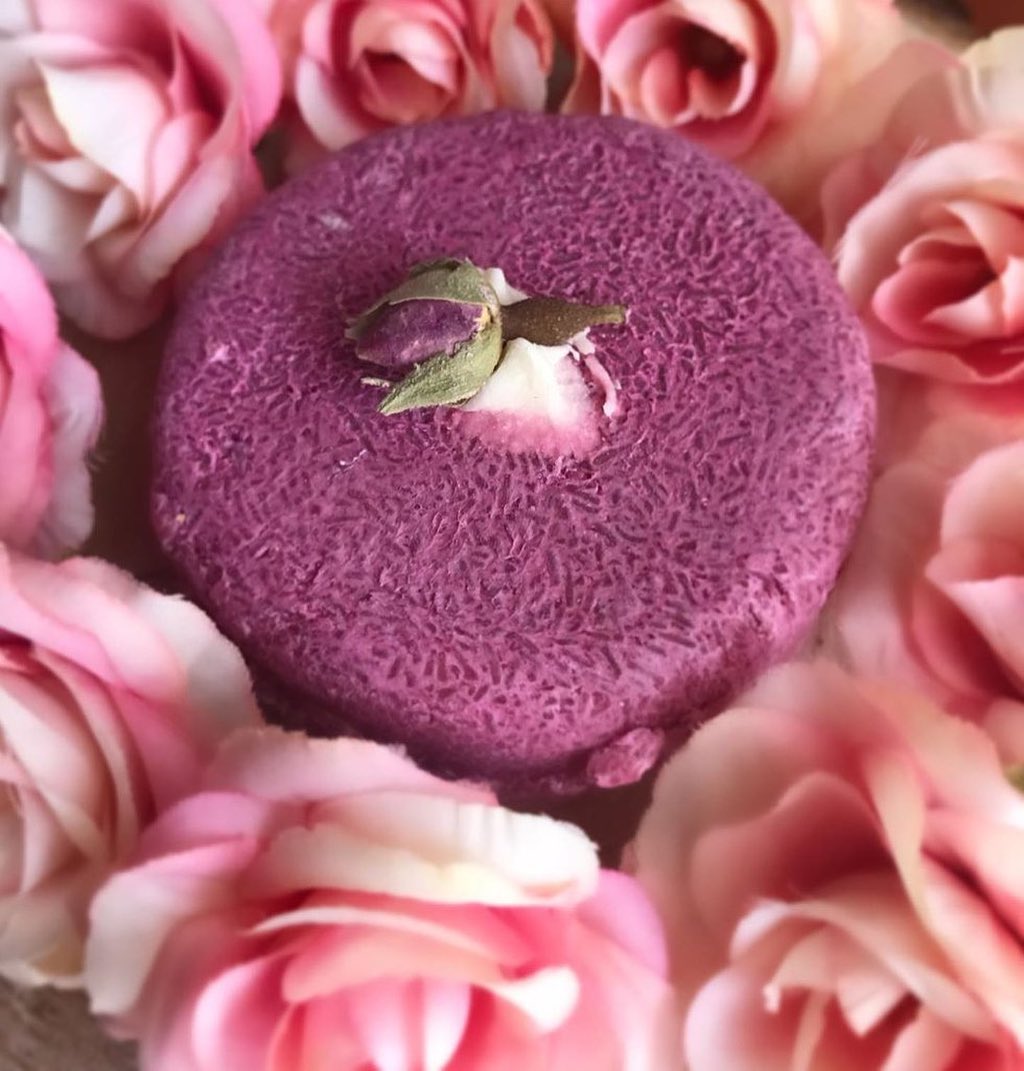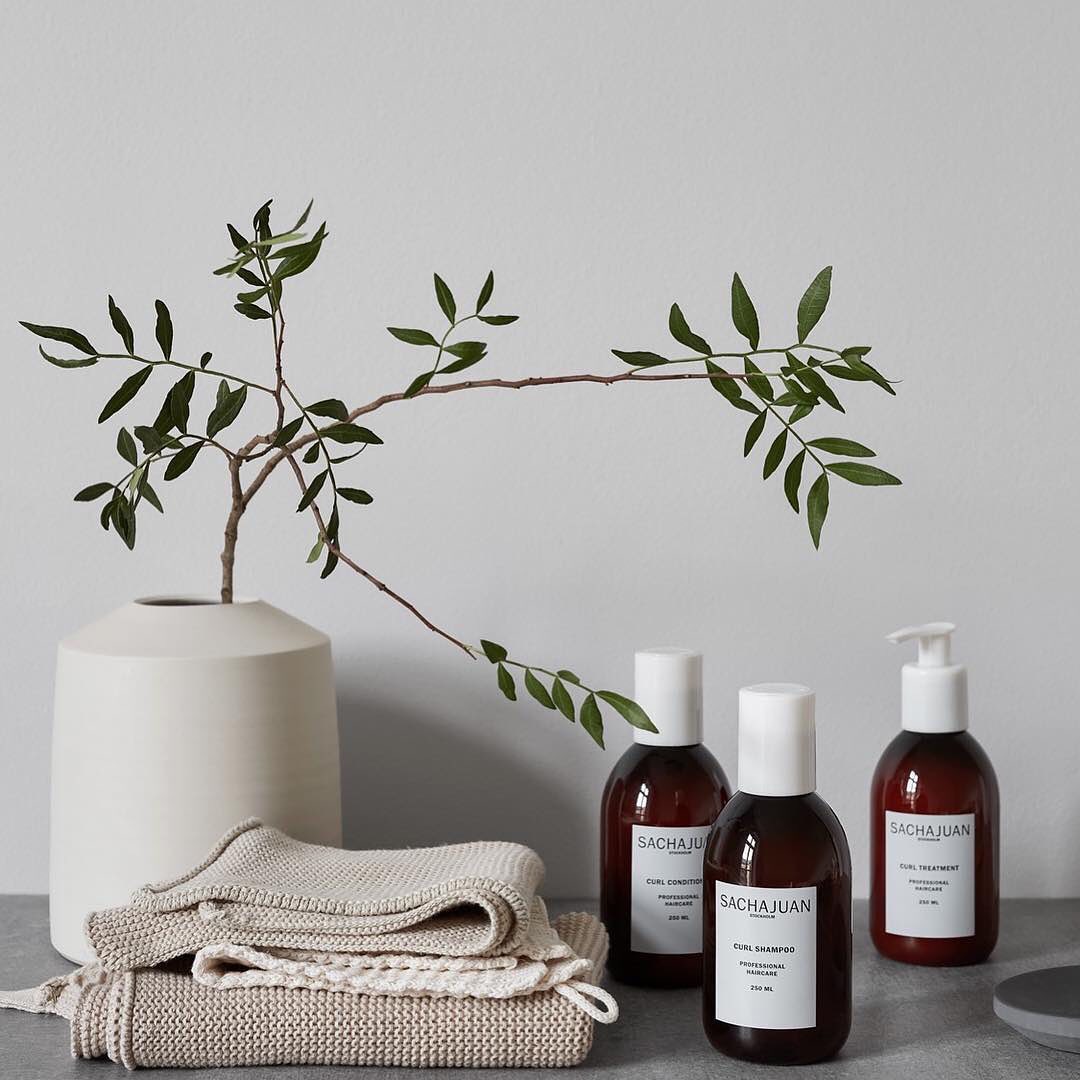It’s not a new thing—sulfates have really been dragged through the mud over the last couple of years.
“That’s the same stuff they put into engine degreasers—it’s terrible for your health!”; “Sulfates cause cancer”; “Sulfates are chemicals, you should go organic”; “Sulfates will kill u”. These are just a few of the allegations against sulfates (I may have taken liberties with the paraphrasing).
I myself, six years ago, renounced sulfates for the soul-draining capitalist plot I thought they were. Countless article after article from ‘health and well-being’-centric blogs peddled the anti-sulfate narrative to me and urged me to go ‘no-poo’ (It’s not what you think—but we’ll get back to that later).
For half a year I ardently avoided any shampoos that listed the stuff in their ingredients and rejected my mother’s pleas to please, please use real shampoo (again, we all make mistakes, don’t @ me). Today, I literally couldn’t care less.
So, what turned my tables? What flipped my switch?
Science. Turns out, there is very little bearing for the anti-sulfate narrative from a health point of view. As described in an article from the International Journal of Cosmetic Science, sulfates cover a broad range of detergents and surfactants found in everyday beauty and household products, including sodium lauryl sulfate (SLS), sodium laureth sulfate (SLES), ammonia laureth sulfate (ALS) and more. They are what causes your cleaning products to foam up, attracting both oil and water and thus allowing you to clean your hair, body, face, teeth, house, clothes, car, et cetera.
The controversy stems from the lathering effect from sulfate shampoo. Although it is good for cleansing hair, it can be a little too effective at stripping oil and sebum, leaving your tresses much more dehydrated than they needs to be.
The anti-sulfate ‘health’ movement doesn’t come from a place of information, though—it comes from the organic beauty community’s unwavering fear of basic chemistry. They’ll market products as ‘all-natural’ and chemical-free, implying they are better than regular products, but the real kicker is that everything is a chemical.

Marketing something is ‘chemical free’ is essentially describing a vacuum; in actuality, your organic shampoos, makeup, toothpaste and cleaning products are all made up of chemicals because chemicals include air, water and every other substance on this Earth.
From the same people that brought you mindless fear-mongering, comes the no-poo movement (told you we’d get back to this), which dictates that you ditch shampoo (hence, no-‘poo’) and conditioner in your shower routine entirely, replacing it with either a mere rinse with water, baking soda and vinegar or using castile soap bars.
To deal with your oily roots, you’d distribute the oils down the shaft of your hair with a boar bristle brush. I’m gonna level with you—I committed to this for a solid six months to see what would happen and it was honestly the worst.
My hair stuck together at the root, caked down with residual grease and grime in addition to the nasty calcium buildup from hard water. No amount of brushing would make my hair detangle and I smelt…musky (for a lack of a better word). Exasperated, I tried their alternate remedies; castile soap solved the stinky dilemma, but it wouldn’t lather and basically just redistributed the dirt on my scalp. Brushing my hair also did nothing. And though I never tried it (because it sounds like a bad time), baking soda isn’t ideal either—numerous horror stories of baking soda routines causing hair to become brittle and snap off weaned me off the idea.
I know what you’re thinking. 1) You’re gross, and 2) Why didn’t you just stop ASAP?
Well, 1) Rude, and 2) Mumma didn’t raise a quitter.
Fortunately for everyone, after the six-month mark I’d eventually had enough and stopped the madness. A few washes with regular shampoo and conditioner brought my hair back to normal condition, and I basically haven’t looked back since.

In a nutshell: sulfates are not dangerous to your health, they are just a little too drying sometimes. If your hair is dyed, they also strip colour out faster (a top tip for those of you looking to change hues on the regular). So, there are easy solutions to fix these little problems as graciously detailed in this journal article published in the Indian Journal of Dermatology, explaining the ins and outs of shampoos, from their ingredients to the ones you need for different hair types.
To offset the drying effects of sulfate shampoo on your hair and scalp, switch up your hair washing schedule from every day to once every couple of days (with dry shampoo in the meantime). Alternatively, you could condition and use a hair mask—or indulge in a hair treatment at a salon to really pamper your locks.
If your tresses are dyed or damaged, consider switching up your products as sulfates strip hair colour faster and are more drying. Opt for milder sulfate shampoos which contain SLES, the milder version of SLS. Otherwise, you could use sulfate-free shampoos. Although they don’t clean as effectively, they are less harsh than normal sulfates and will keep your hair vibrant for longer and more conditioned.
Finally, if you’re the type that needs a lot of styling products like hairspray, gel or mousse, you may want to use a sulfate shampoo to help you deep cleanse your hair and scalp. Regular use of these products without adequate cleansing leads to product build-up on the hair shaft, which in turn leads to dull and rough hair. So, if that’s not what you’re going for then… do it. Rest assured that any dryness can be adequately remedied with the application of a reliable hair mask.
Find more hair stories here.
| SHARE THE STORY | |
| Explore More |




